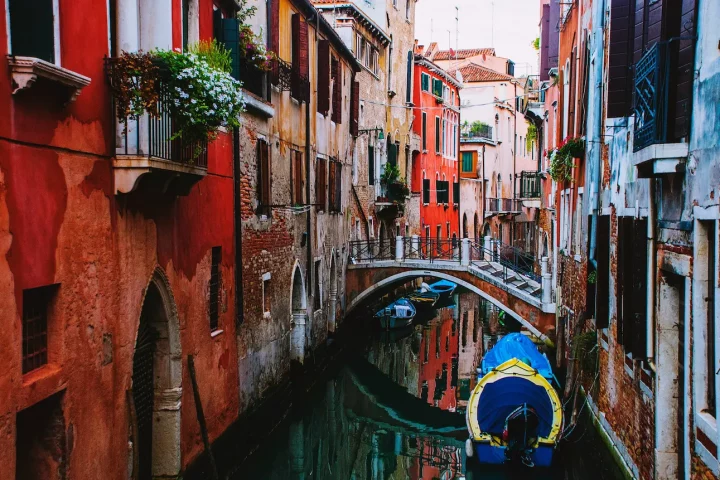Choosing the right path: what’s your story?
When considering the paths to Italian citizenship, the journey often begins with a personal story. For many, it’s about reconnecting with their roots, a desire to explore and embrace the culture of their ancestors.
Imagine discovering that your great-grandparents emigrated from a small village in Tuscany. The idea of walking the same cobblestone streets, speaking the same language, and experiencing the same traditions can be incredibly compelling.
Others might seek Italian citizenship to provide new opportunities for their family. Italy, with its rich history, excellent healthcare, and educational systems, offers a promising future. For some, it’s about giving their children the chance to grow up in a country known for its art, cuisine, and vibrant culture.
Towards citizenship: a journey intertwined with history
The quest for Italian citizenship is often a journey that connects personal family history with broader world history. Many families have stories of ancestors who left Italy during times of war, economic hardship, or political change. These migrations have shaped the lives of countless individuals and continue to influence the present.
The process of obtaining citizenship often involves delving into historical records, uncovering family stories, and piecing together the past. This journey can be a powerful way to connect with your heritage and understand the broader historical context that shaped your family’s experiences.
Learn about the details of having Italian dual citizenship.
From cultural encounters to new beginnings
Becoming an Italian citizen is not just a legal process; it’s an opportunity for a cultural reunion. Learning the Italian language is often one of the first steps. As you become more fluent, you’ll find yourself able to engage more deeply with Italian literature, films, and everyday conversations.
This linguistic journey can be both challenging and rewarding, opening up new ways of thinking and expressing yourself.
Immersing yourself in Italian cuisine is another delightful aspect of this journey. Cooking and sharing meals with family and friends can create lasting memories and a deeper appreciation for the Italian way of life.
Art and architecture are also integral to the Italian experience. Visiting iconic landmarks like the Colosseum, the Vatican, or the canals of Venice can be awe-inspiring. But beyond the famous sites, there’s a wealth of local art, festivals, and traditions to explore.
Each region of Italy has its own unique cultural identity, and becoming a citizen allows you to fully embrace and celebrate this diversity.
Exploring Italian Ethnicity: Heritage and Identity
Navigating the unknown: challenges and discoveries
While the journey to Italian citizenship is filled with exciting opportunities, it also comes with its share of challenges. New responsibilities and identities come into play. As an Italian dual citizen, you may find yourself navigating different social norms, expectations, and even legal obligations. This can affect your daily life in unexpected ways, from understanding local customs to participating in community events.
Embracing these changes requires flexibility and an open mind, but it also offers the chance to grow and evolve.
The future of italian citizenship: building a legacy
Looking forward, what does it mean to be an Italian citizen in today’s world? Italian citizenship is part of a larger legacy that you can pass onto future generations. For your children and grandchildren, this citizenship can be a gateway to exploring their heritage, and to feeling a sense of belonging to a global community.
In today’s context, being an Italian citizen also means being part of a country that values art, culture, and history. Italy’s contributions to the world in these areas are immense, and as a citizen, you become a part of it.
Whether it’s through participating in local traditions, supporting cultural initiatives, or simply sharing your love for Italy with others, you play a role in preserving and promoting Italian culture.
Start your journey through the story
If you’re inspired to embark on this journey towards Italian citizenship, remember that it’s more than just a legal process. It’s a deeply personal and cultural adventure that connects you with your past, enriches your present, and builds a legacy for the future. Whether you’re motivated by a desire to reconnect with your roots, provide new opportunities for your family, or immerse yourself in Italian culture, the path to citizenship is a meaningful and rewarding one.
If you want to follow the path to Italian citizenship, speak with io.citizen. We can guide you through the process and help you achieve your dream of becoming an Italian citizen. Contact us today!
Take advantage of specialized assistance to secure your passport for a borderless future.






